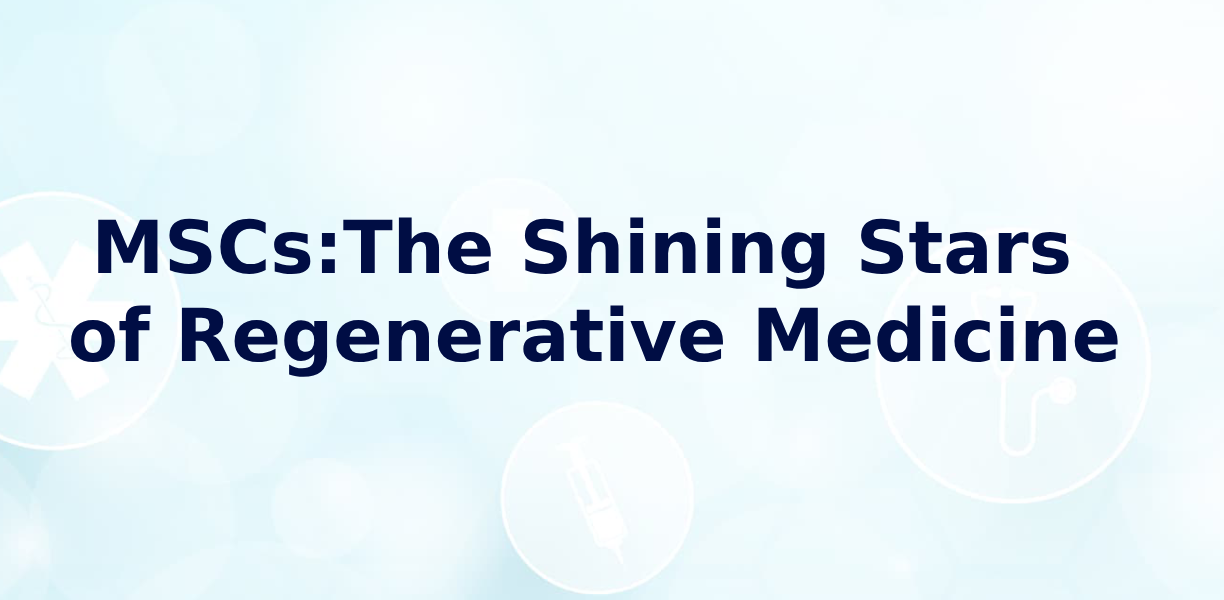Subtotal $0.00
Understanding Mesenchymal Stem Cells
Stem cells are renowned for their remarkable capacity to develop into many different cell types. MSCs, a specialized subgroup, can transform into various cell types, including those forming our bones, cartilage, and fat. However, what truly excites researchers is their potential role in repairing and regenerating nerve cells.
The Wonders of MSCs
MSCs boast an array of impressive abilities:
Self-Renewal:
- They possess the unique ability to continually self-renew, providing a steady cell supply.
Differentiation:
- Given the right conditions, they can differentiate into the specific type of cell required.
Tissue Support:
- MSCs release factors that nurture tissue growth, stimulate existing cells, and can even diminish inflammation.
Promising Prospects for Neurological Conditions
Consider the possibilities with MSCs in conditions like Alzheimer’s, Parkinson’s, or spinal cord injuries. These diseases often involve the loss or damage of nerve cells, resulting in severe symptoms. MSCs offer a beacon of hope:
Cell Replacement:
- Their ability to transform into neurons could replenish lost cells.
Neuroprotection:
- By emitting beneficial factors, they could shield existing nerve cells from further harm.
Immune Response Modulation:
- They have the potential to foster an environment that aids healing and regeneration.
Exploring MSCs: The Current Landscape
Despite their theoretical promise, where do we stand practically? Numerous preclinical and clinical studies have been investigating MSCs’ effects on various neurological disorders. While challenges abound, the outcomes are heartening. Some patients have shown significant improvements, while others have noted more subtle yet meaningful benefits.
The Future Unfolds
Regenerative medicine, with MSCs at its forefront, is still in its nascent stages. Although much has been learned, there’s still a vast unknown. It’s crucial to advance with careful optimism, recognizing that each small step is a stride towards a future where once unmanageable conditions could become a part of history. In summary, adult mesenchymal stem cells represent more than just a scientific term; they symbolize hope and the promise of a brighter future in regenerative medicine. As research forges ahead, the dawn of that transformative era may be closer than we think.



